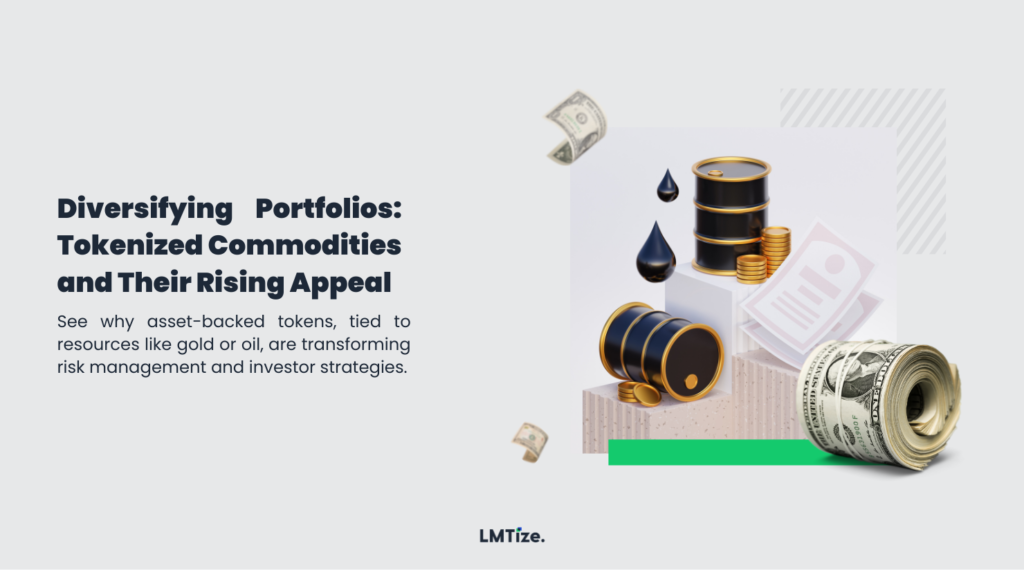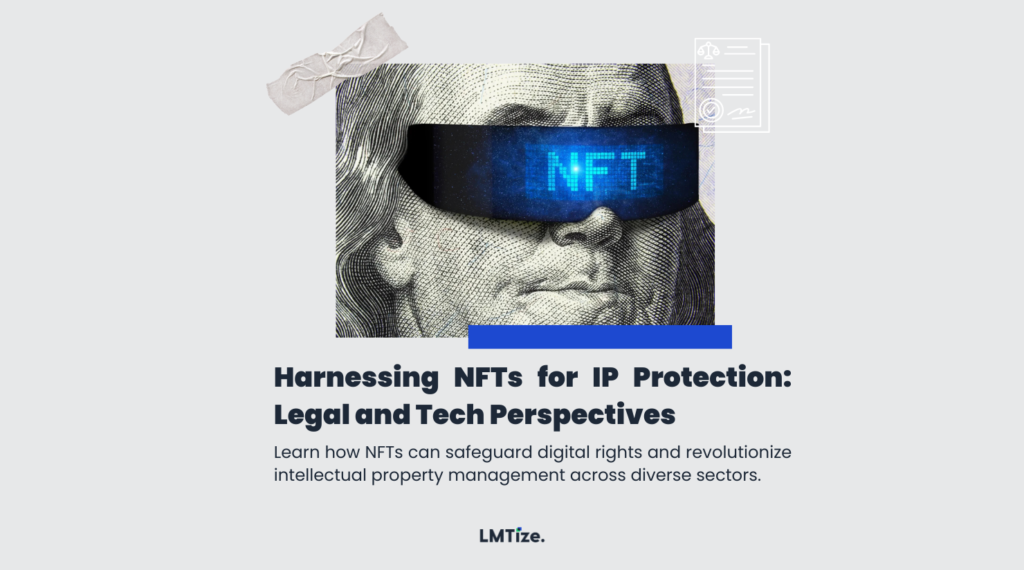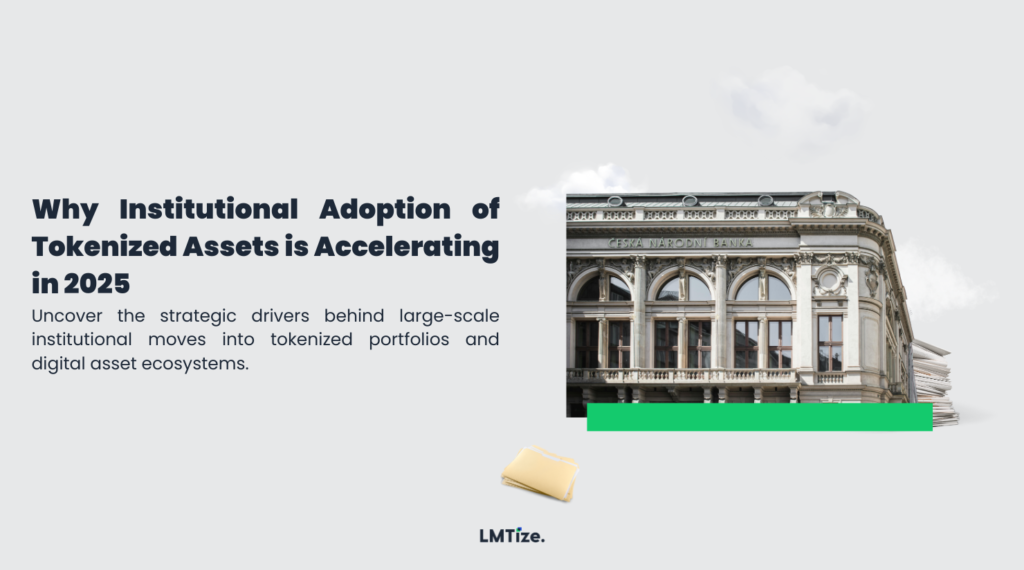From Illiquid to Liquid: The Power of Real Estate Tokenization
Introduction: Transforming Real Estate Markets with Tokenization
Real estate has long been considered one of the most lucrative asset classes, yet it suffers from a fundamental drawback—illiquidity. Traditional real estate investments often require large capital commitments, lengthy transaction processes, and limited secondary market trading opportunities.
Tokenization is revolutionizing the real estate industry by converting physical properties into blockchain-based digital tokens, enabling fractional ownership, enhanced liquidity, and global investor participation. This article explores how real estate tokenization works, its advantages, regulatory landscape, and real-world applications reshaping property investment.
The Problem with Traditional Real Estate Investments
1. High Capital Requirements
- Traditional real estate investments require significant upfront capital, making it difficult for small investors to participate.
- Example: Purchasing a commercial property may require a minimum investment of $1M or more.
2. Lengthy and Expensive Transaction Processes
- Real estate transactions typically take weeks or months to close due to legal, regulatory, and financial intermediaries.
- Buyers and sellers incur high transaction costs such as broker fees, legal fees, and taxes.
3. Limited Liquidity
- Unlike stocks or bonds, real estate assets are not easily tradeable.
- Investors seeking to liquidate real estate holdings face long selling cycles and market fluctuations.
4. Geographical and Regulatory Barriers
- Investing in foreign real estate markets requires navigating complex regulations, currency exchange risks, and local market knowledge.
How Real Estate Tokenization Solves These Challenges
Tokenization leverages blockchain technology to divide real estate assets into digital tokens, allowing investors to buy, sell, and trade fractional ownership in a property.
1. Fractional Ownership Lowers Entry Barriers
- Tokenization enables small-scale investors to purchase fractions of high-value properties.
- Example: A $5M office building can be divided into 1M tokens at $5 each, allowing wider participation.
2. Increased Liquidity via Secondary Markets
- Tokenized real estate can be traded on blockchain-based secondary markets, providing liquidity to investors.
- Platforms such as tZERO, RealT, and Securitize allow for seamless trading of tokenized properties.
3. Faster and Cost-Efficient Transactions
- Smart contracts automate legal agreements, reducing processing times from weeks to minutes.
- Eliminating intermediaries significantly lowers transaction costs.
4. Global Investment Opportunities
- Investors can buy tokenized real estate across borders without dealing with traditional financial restrictions.
- Example: An investor in Singapore can easily purchase fractional ownership in a New York skyscraper.
Case Studies: Successful Real Estate Tokenization Projects
Case Study 1: Aspen Digital Tokenization
- A luxury resort in Aspen, Colorado was tokenized, enabling global investors to purchase fractional shares.
- Raised $18M through security tokens, demonstrating how tokenization attracts diverse investors.
Case Study 2: Dubai’s Real Estate Tokenization
- The UAE government is leading tokenized property initiatives to make luxury real estate accessible to retail investors.
- Dubai’s blockchain-friendly regulations are fostering an innovative tokenized real estate market.
Case Study 3: St. Regis Tokenized Ownership
- The St. Regis Aspen resort issued security tokens to raise funds for development and expansion.
- Investors gained tradable digital shares, ensuring liquidity without needing to sell the entire property.
Regulatory Landscape for Real Estate Tokenization
Governments are increasingly developing legal frameworks to support real estate tokenization.
1. United States: SEC and Security Tokens
- The SEC requires tokenized real estate to comply with securities laws, ensuring investor protection.
- Regulations such as Reg A+, Reg D, and Reg S provide frameworks for compliant token issuance.
2. Europe: MiCA and Real Estate Digital Securities
- The Markets in Crypto-Assets (MiCA) framework enhances regulatory clarity for tokenized real estate investments.
- Germany and Switzerland have led Europe’s real estate tokenization adoption.
3. Asia: Singapore’s Blockchain-Friendly Regulations
- Singapore’s MAS (Monetary Authority of Singapore) provides sandbox environments for real estate tokenization projects.
- Institutional investors are increasingly backing tokenized real estate funds and REITs.
LMTize: Leading the Future of Real Estate Tokenization
LMTize is a specialized asset tokenization agency, offering end-to-end solutions for real estate developers, investors, and financial institutions. Our blockchain-powered platform enables seamless real estate tokenization, ensuring compliance, security, and liquidity. Whether you’re looking to tokenize commercial properties, residential assets, or luxury developments, LMTize provides the infrastructure and expertise to execute it successfully.
Frequently Asked Questions (FAQs)
What is real estate tokenization?
- It is the process of converting real estate assets into blockchain-based digital tokens for fractional ownership and liquidity.
How does tokenization improve liquidity?
- Tokenized real estate can be traded on blockchain secondary markets, allowing investors to buy or sell tokens instantly.
Is tokenized real estate legal?
- Yes, provided it complies with securities regulations, such as those established by the SEC, MiCA, or MAS.
What types of real estate can be tokenized?
- Commercial buildings, residential properties, REITs, land, and luxury resorts can be tokenized.
What are the benefits of fractional ownership?
- Lower entry costs, diversified investments, and access to high-value assets without full ownership.
Which platforms support tokenized real estate trading?
- tZERO, Securitize, RealT, and INX are leading platforms facilitating tokenized property transactions.
How does LMTize help with real estate tokenization?
- LMTize provides legal structuring, smart contract development, and blockchain integration to tokenize real estate assets securely.
What are the risks of tokenized real estate?
- Market fluctuations, regulatory changes, and smart contract vulnerabilities are key risks to consider.
What role does blockchain play in tokenization?
- Blockchain ensures transparency, security, and automation of property transactions and ownership records.
Where can I learn more about tokenized real estate?
- Follow industry leaders like LMTize, SEC, MAS, and leading tokenization platforms.
Conclusion: The Future of Real Estate Tokenization
Tokenization is redefining the real estate industry, turning traditionally illiquid assets into tradeable, digital investment vehicles. With increased regulatory support, institutional adoption, and blockchain innovation, tokenized real estate is set to become a mainstream investment strategy.
As a leading real estate tokenization agency, LMTize empowers developers, investors, and institutions to harness blockchain’s full potential. The future of real estate investment is liquid, decentralized, and borderless—are you ready to be part of it?




